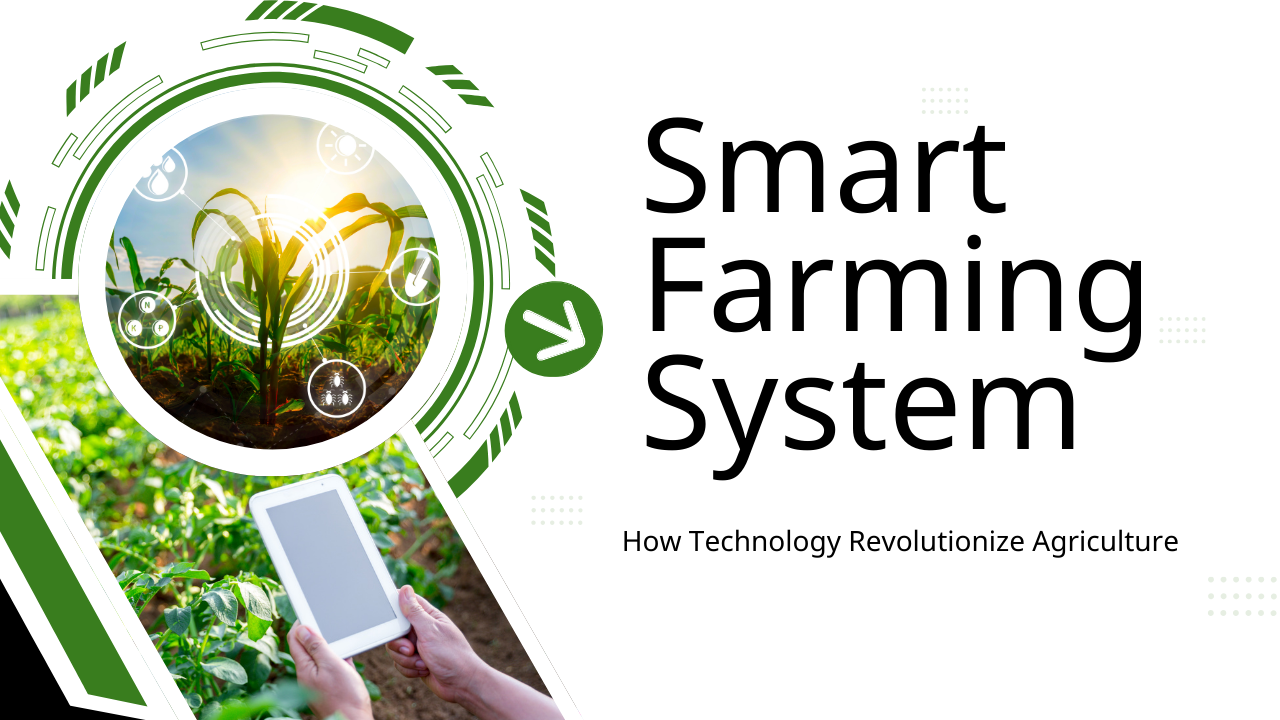
Artificial intelligence is increasingly transforming agriculture by making farming practices more efficient, sustainable, and productive.As AI technologies continue to involve, they will play an increasingly vital role in helping farmers making better decisions, reduce coasts, and minimize environmental impacts.
Context
In a context marked by a rapidly changing world, the environmental side remains more and more a topical subject requiring great reflection. Although it may not seem obvious at first glance to the general public, artificial intelligence technologies can contribute favorably to ecology. As evidenced in particular by our subject which focuses on the impact of artificial intelligence on agriculture.
In fact, AI makes it possible to rationalize agricultural operations, optimize yield and contribute to the reduction or elimination of insecticides and chemicals by detecting the proliferation of diseases or insects as early as possible. It also makes it possible to better measure and predict ecological =disasters in order to try to prevent them and reduce the risk of damage.
Artificial intelligence, Big Data and robotization
The agricultural model has evolved significantly and has gradually become digitalized to meet globalized demand. Technology, through mechanization and digitalization, has already made it possible to optimize the farmer’s work.
Agriculture, like industry and services, is experiencing the digital revolution. Drones, autonomous tractors, cameras, connected milking machines are all technologies that optimize work on the farm and in the plains. All these machines are missing is a little intelligence to be entrusted with tasks that are not completely predictable.
The notion of smart farming
The “Smart Farming” can be defined as a term that is becoming more prevalent in the agricultural sector. Unlike digital agriculture, which focuses on the use of technology such as connected machines and tools on farms, Smart Farming takes it a step further. It involves leveraging the data generated by digital agriculture tools and transforming this data into valuable information that simplifies agricultural operations
In recent years, there has been significant growth in the use of sensors, connected consoles, precision weather stations, and even drones. These advancements enhance precision by providing specific data, such as plot-level weather conditions or the precise needs of a plant. The current challenge lies in integrating data from various sensors and connected devices to perform accurate and predictive analyses of weather, crop health, or economic conditions. This enriched data streamlines the work of farmers by allowing them to adjust their operations or optimize efficiency. By enabling ideal timing for tasks, Smart Farming offers French agriculture a pathway to greater productivity.
The objectives of smart farming
The goals of Smart Farming are varied and focus on improving productivity, sustainability, and efficiency in agricultural practices. Here are the key objectives:
· Enhancing Precision in Agriculture: Smart Farming allows for the precise collection of data related to weather conditions, soil health, and specific plant requirements. This data empowers farmers to make informed decisions, optimizing agricultural interventions at the right time and place, which in turn reduces the waste of resources like water, fertilizers, and pesticides.
· Maximizing Crop Yields: By gaining a deeper understanding of crop needs and environmental factors, farmers can optimize their yields. The accurate data provided by Smart Farming tools enables tailored farming practices for each plot of land, leading to increased production while preserving the quality of the crops.
· Reducing Environmental Impact: Smart Farming technologies help farmers minimize the use of chemicals, conserve water, and decrease the carbon footprint of their activities. This approach promotes more sustainable farming practices that are environmentally friendly and address the challenges posed by climate change.
· Streamlining Agricultural Operations: The integration of data from various sensors and connected devices simplifies farming tasks by automating processes, allowing for precise adjustments, and enhancing overall efficiency in operations.
The challenges of smart farming
The main challenge of smart farming is the cost of different technological solutions. IOT sensors, drones, robots, geolocation devices, are technologies whose installation and maintenance are very expensive. Actors in the agricultural industry must then take this factor into consideration to initiate the transition.
Furthermore, the management or operation of these technologies requires the intervention of experts in this field. Farmers must therefore be supported by specialists, which also represents a considerable cost.
Who says technologies, says big data. It is important that the collection, processing and management of data be well managed to avoid industrial espionage or data theft.
Finally, the need for access to connectivity may limit the move to smart farming in some countries more than in others.
Conclusion
The integration of Artificial Intelligence (AI) into smart farming represents a transformative shift in agriculture. AI enhances the precision, efficiency, and sustainability of farming practices. By leveraging AI, farmers can make data-driven decisions that optimize resource use, improve crop yields, and reduce environmental impact. Technologies such as predictive analytics, machine learning, and robotics automate and refine tasks like planting, irrigation, and pest control, allowing for more efficient and resilient agricultural systems.
As global food demand increases, AI in smart farming is crucial for meeting these needs while maintaining environmental stewardship. The continuous development of AI-driven tools will further revolutionize the agricultural sector, making it more adaptive, productive, and sustainable in the face of challenges like climate change and population growth.





